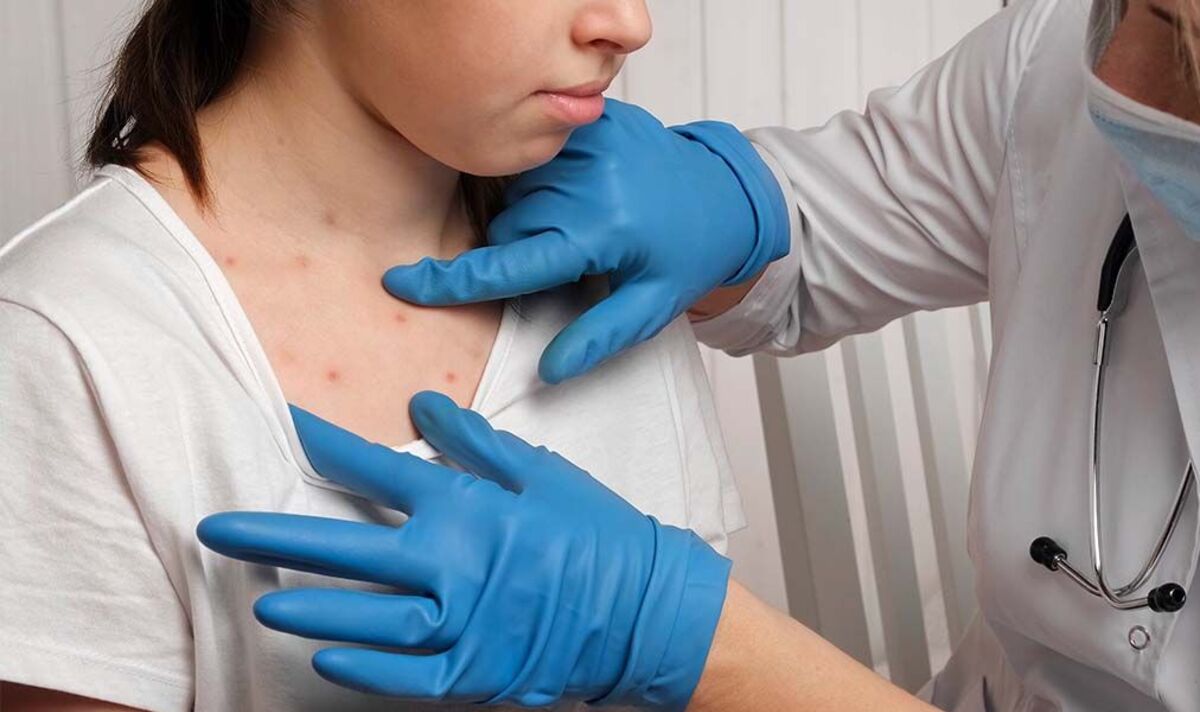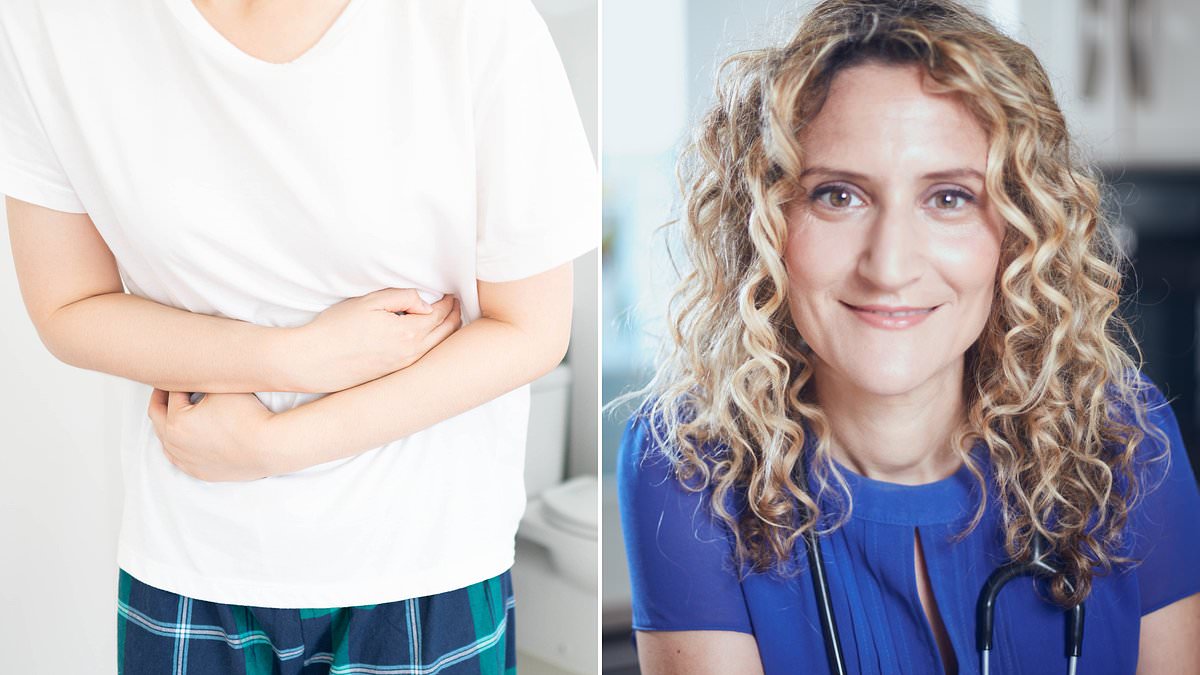The World Health Organisation (WHO) has announced there was a 30-fold increase in measles cases in Europe in 2023.
Cases continue to rise throughout Europe, with more than 30,000 people infected last year. This is an alarming surge compared to the 941 cases recorded in 2022.
In the UK, health officials said last week that an outbreak of highly contagious measles in the West Midlands could spread rapidly to other towns and cities with low vaccination rates.
Health officials are now warning that “urgent measures” are needed to contain the spread of the serious illness that can have detrimental effects on children as well as adults.
Fortunately, Dr Sooj, NHS GP and A&E doctor, took to his TikTok to outline the six things you need to know about measles, including the tell-tale signs.
1. Key symptoms to spot
The doctor explained that the infection usually starts with cold-like symptoms, including fever, cough, runny nose and even pink eye. These first signs tend to be followed by a rash that appears a few days later.
Furthermore, small white spots may appear inside your cheeks and on the back of the lips. These spots usually last a few days, the NHS notes.
“Measles is usually self-limiting with symptoms that should resolve within a week,” Dr Sooj added.
2. How measles spreads
The doctor warned that the infection is spread when an infected person coughs or sneezes.
“You can prevent the spread by using tissues to catch coughs and sneezes then throw them in the bin and wash your hands with soap and water,” Dr Sooj said.
3. Who is at risk?
Dr Sooj explained that you might be at risk of catching measles if you’ve had a “significant contact” with an infected person.
He said: “This means being in the same room as them for 15 minutes or more or face-to-face contacts. If you’re immunosuppressed, any level of contact is assumed to be significant.”
4. Stay at home
If you have contracted the infection, you should stay away from work, nursery, or school for four days after the initial development of the rash. “And avoid contact with susceptible people,” the doctor added.
5. Who is susceptible
Dr Sooj shared that susceptible people are those who are not fully immunised through vaccination or natural exposure, including infants, pregnant women and people with weakened immune systems.
6. Jabs do make a difference
The good news is that if you’ve had your vaccine against measles, mumps, and rubella, known as MMR, you’re unlikely to get measles, according to the doctor.
The MMR vaccine is given to babies and young children as part of the NHS vaccination schedule. However, many children are unvaccinated as a result of the pandemic and therefore at risk of becoming ill from the disease.
Parents and carers of these children are currently being contacted and urged to book an appointment to ensure they are fully jabbed.









